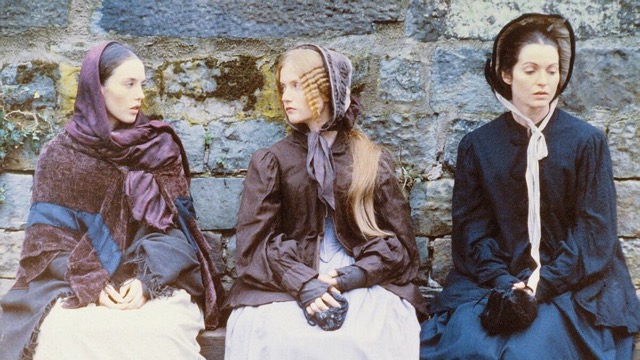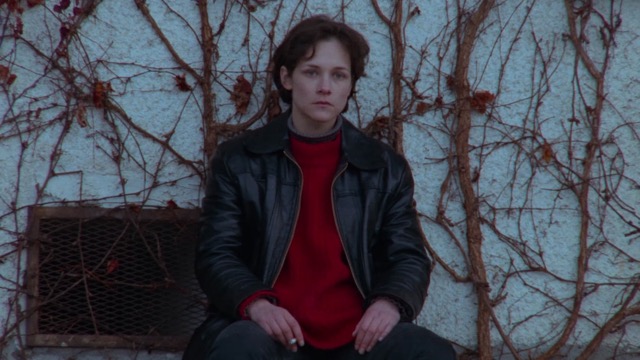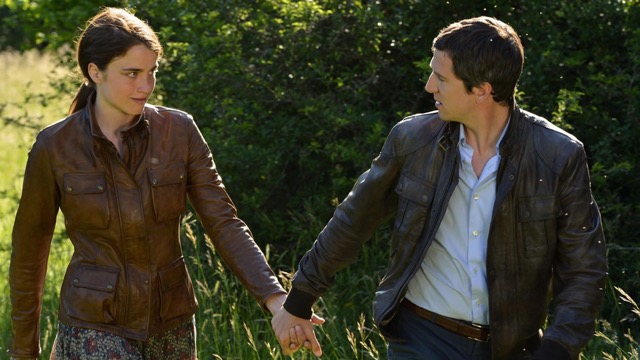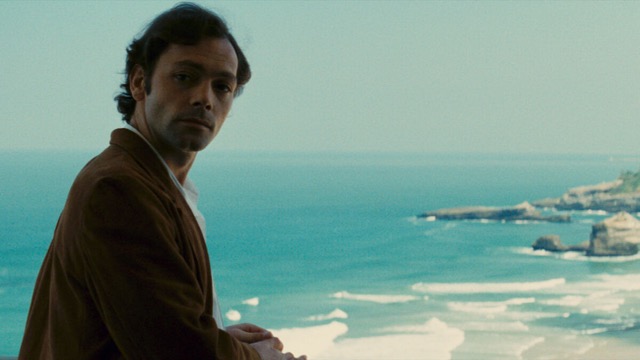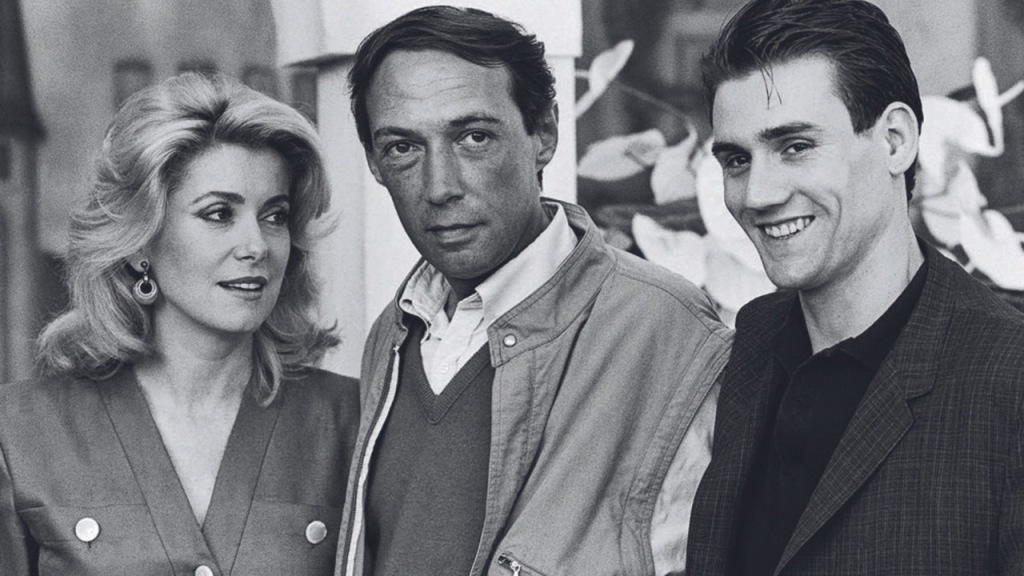André Téchiné is a French filmmaker known for his nuanced and evocative storytelling. His films often delve into the complexities of love, family dynamics, and sexual identity, making him a pivotal figure in contemporary French cinema. Téchiné’s work is celebrated for its nuanced character studies and richly layered narratives, as seen in films like Wild Reeds and My Favourite Season, which are acclaimed for their depth and sensitivity.
Téchiné’s career began in the late 1960s, quickly gaining momentum in the 1970s with his distinctive storytelling and visual style. He emerged during a time when French cinema was undergoing significant changes, and he carved out a unique space for himself with his deeply personal and introspective films. The 1990s, particularly with the release of Wild Reeds, marked a high point in Téchiné’s career, earning him widespread recognition and several awards. This film, in particular, encapsulated his ability to blend personal and historical narratives set against the backdrop of the Algerian War. Despite facing challenges and less acclaimed works in the years that followed, Téchiné’s resilience and commitment to his craft saw him continue to produce compelling cinema. His work has been a constant exploration of the human condition, characterised by a refusal to shy away from the complexities and contradictions inherent in personal relationships.
Throughout his films, Téchiné dives into the intricate facets of love, passion, and familial bonds, often against the backdrop of broader social and cultural contexts. For instance, in Wild Reeds, Téchiné beautifully weaves a tale of adolescent love and self-discovery amidst the political turmoil of the Algerian War, providing a unique intersection between personal and political spheres. Furthermore, his films often incorporate characters with fluid sexual identities, subtly challenging conventional norms and societal expectations regarding sexuality and relationships.
Téchiné’s films often employ naturalistic settings and landscapes as integral elements of the story, reflecting the characters’ emotional states and the themes unfolding within the plot. In My Favourite Season, for example, the changing seasons mirror the evolving relationship between the central characters, providing a visual metaphor for transformation and the passage of time. Téchiné also employs a subtle and understated directorial style, allowing the actors’ performances and the story’s emotional undercurrents to take centre stage.
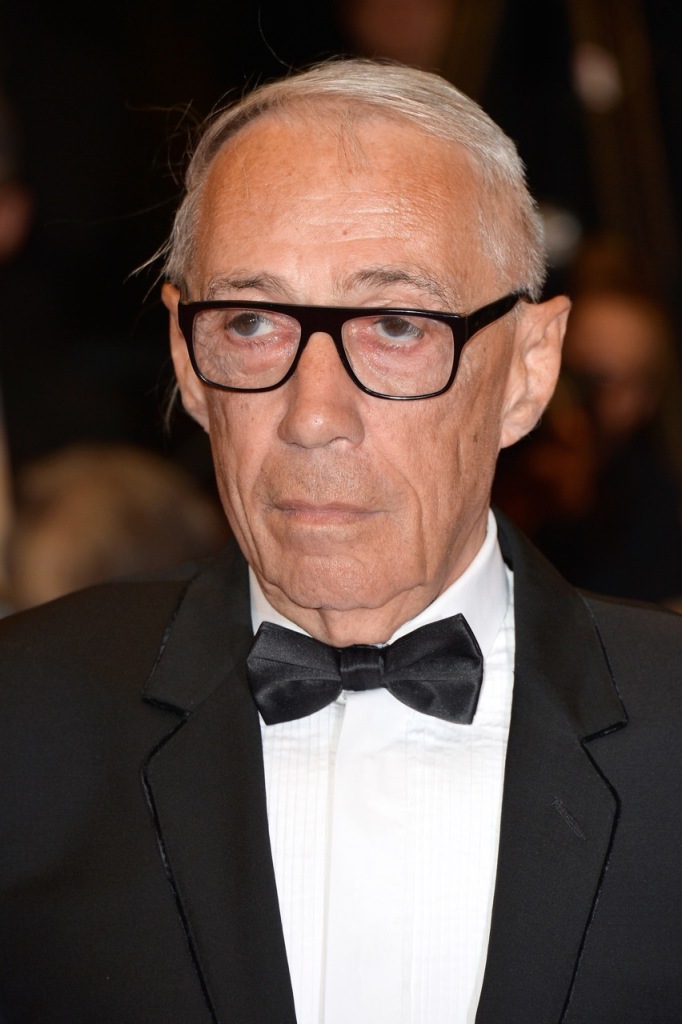
André Téchiné (1943 – -)
Calculated Films:
- NA
Similar Filmmakers
- Abdellatif Kechiche
- Alain Guiraudie
- Arnaud Desplechin
- Benoit Jacquot
- Catherine Breillat
- Claire Denis
- Christophe Honore
- Emmanuelle Bercot
- Eric Rohmer
- Francois Ozon
- Jacques Audiard
- Louis Malle
- Mia Hansen-Love
- Olivier Assayas
- Patrice Chereau
- Philippe Garrel
- Robin Campillo
- Stephane Brize
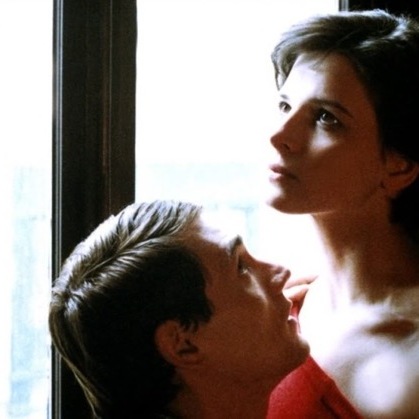
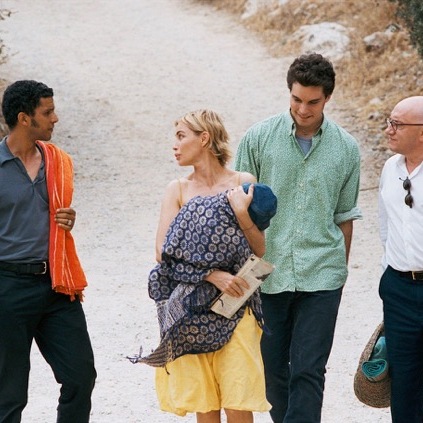
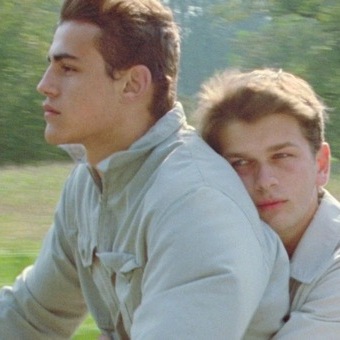
André Téchiné’s Top 5 Films Ranked
1. Wild Reeds (1994)
Genre: Coming-of-Age, Drama, Romance
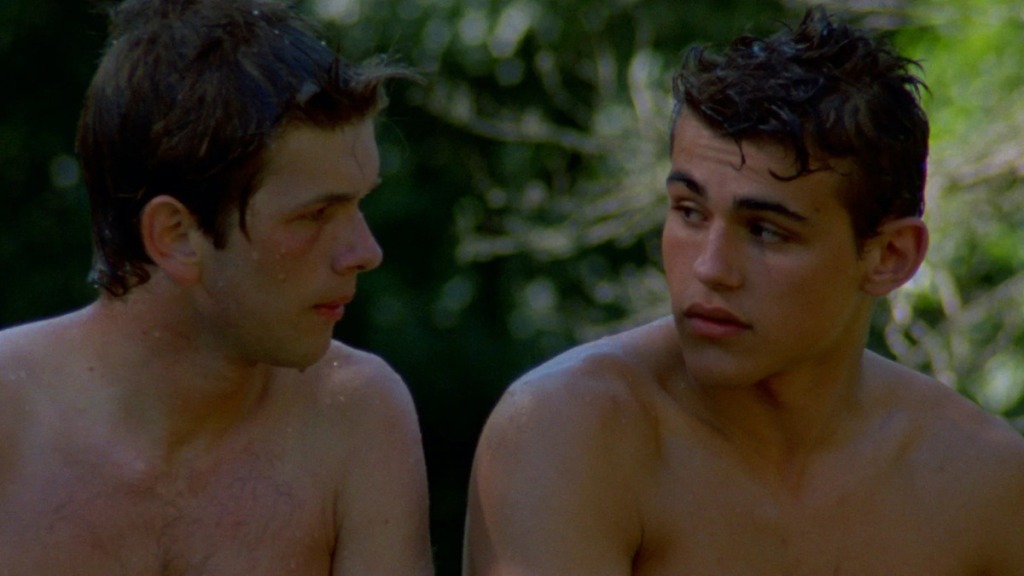
2. The Witnesses (2007)
Genre: Drama, Queer Cinema, Slice of Life
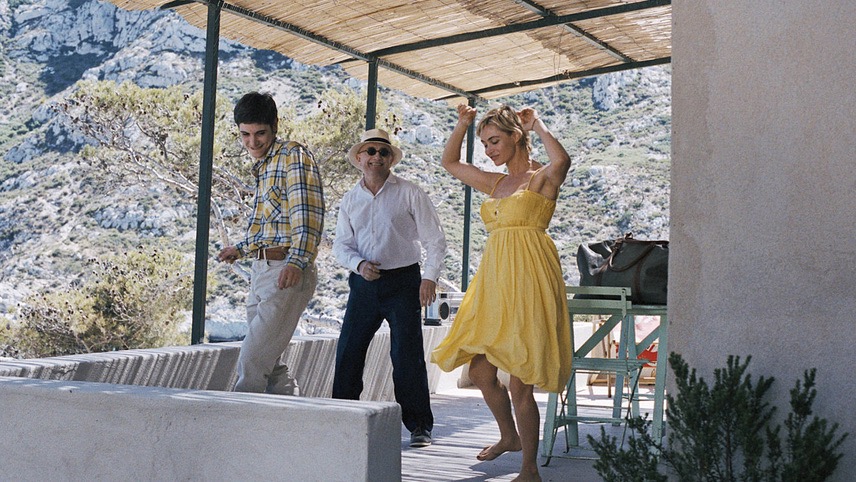
3. My Favourite Season (1993)
Genre: Family Drama, Drama
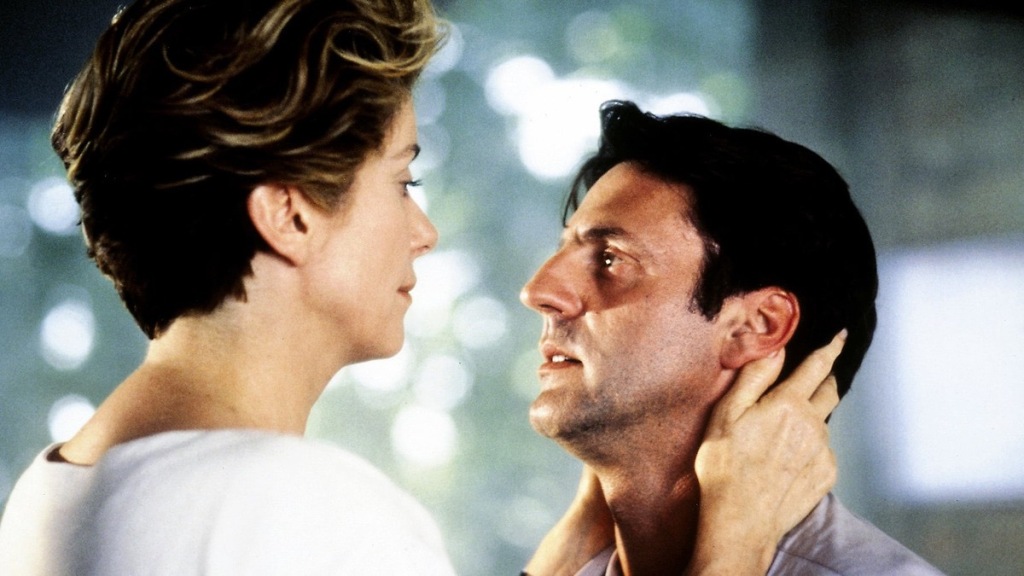
4. Being 17 (2016)
Genre: Drama, Coming-of-Age, Queer Cinema
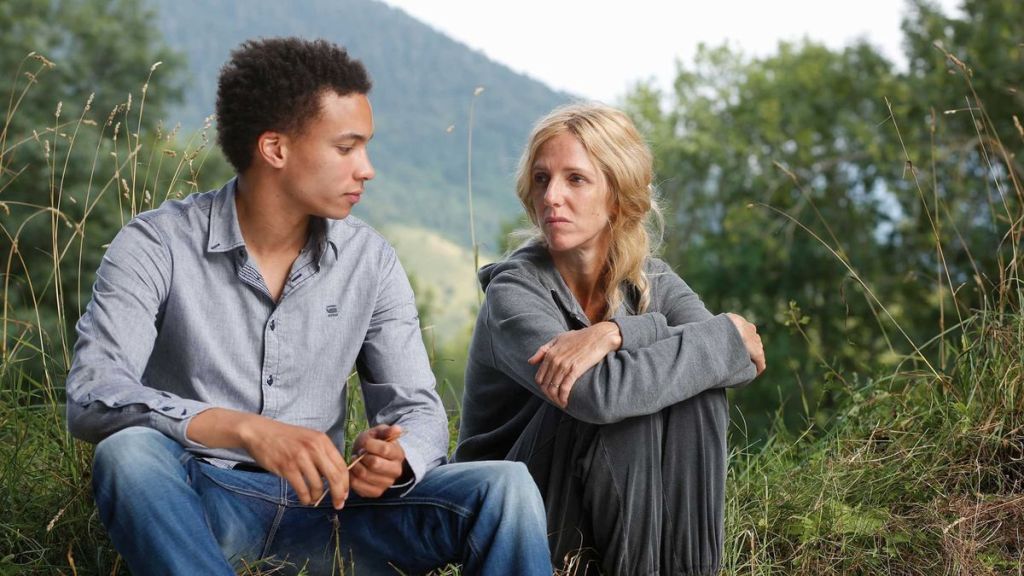
5. Strayed (2003)
Genre: War, Drama
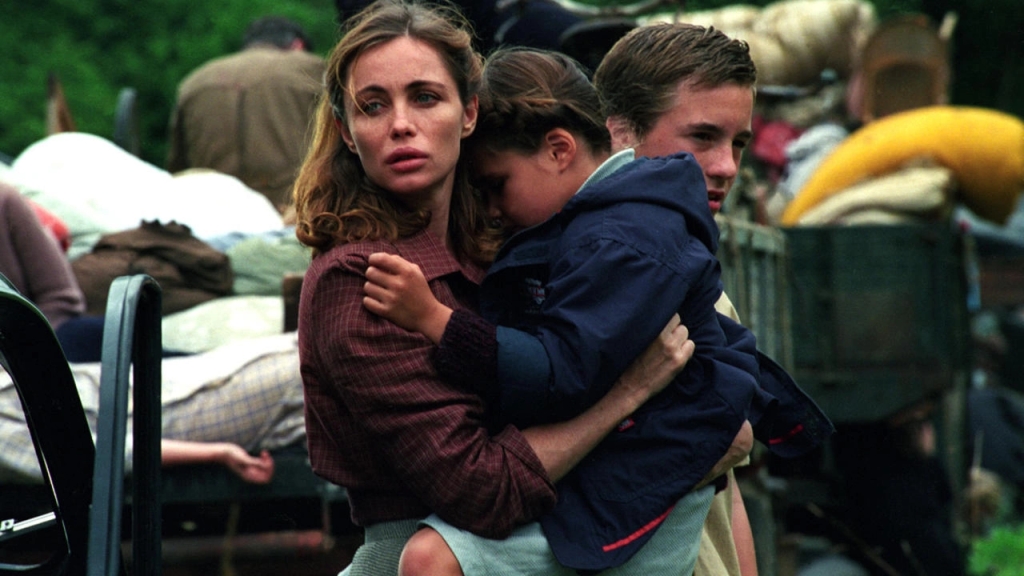
André Téchiné: Themes and Style
Themes:
- Sexual Identity and Desire: Téchiné often explores themes of sexual identity and desire, delving into the complexities of LGBTQ+ experiences. His films scrutinise the struggles and joys associated with queer identity, portraying intimate relationships with sensitivity and nuance.
- Family Dynamics: Complex familial relationships are central to Téchiné’s work, examining the tension, love, and conflict inherent within family structures. He presents family as both a source of support and alienation, reflecting on the dynamics that both unite and divide family members.
- Social and Cultural Tensions: His films often intersect personal narratives with broader social and cultural tensions, whether addressing issues of class, race, or political upheaval. Téchiné is known for his perceptive observations of French society, capturing the nuanced interactions between individuals and their social environments.
- Coming-of-Age Narratives: Many of his films engage with the transformative period of adolescence and young adulthood, illuminating the process of self-discovery and the search for identity.
Styles:
- Visual Lyricism: Téchiné’s films are celebrated for their visual beauty and lyricism, utilising the language of cinema to convey emotion and atmosphere. His style is often characterised by a sense of poetry and fluidity, with meticulous attention to composition and visual detail.
- Naturalistic Performances: He often elicits naturalistic performances from his actors, grounding the narratives in a sense of realism and emotional authenticity. His directorial approach prioritises the subtlety and complexity of human behaviour, allowing characters to unfold in organic and unexpected ways.
- Narrative Complexity: Téchiné’s storytelling is marked by its structural and narrative complexity, weaving together multiple storylines and character arcs. His films often employ non-linear narratives and temporal shifts, creating a tapestry of interconnected stories and themes.
Directorial Signature:
- Ambiguous Resolution: His films rarely offer neat resolutions, instead opting for ambiguity and open-endedness that invites viewers to contemplate and interpret the narrative’s conclusion.
- Intimacy and Distance: Téchiné masterfully balances scenes of emotional intimacy with moments of detachment or distance, reflecting the unpredictable rhythms of human relationships.
- Visual and Emotional Intensity: Through his use of close-ups, long takes, and careful framing, Téchiné creates films that are visually arresting while also deeply attuned to the emotional landscape of the characters.
André Téchiné – Great Director
